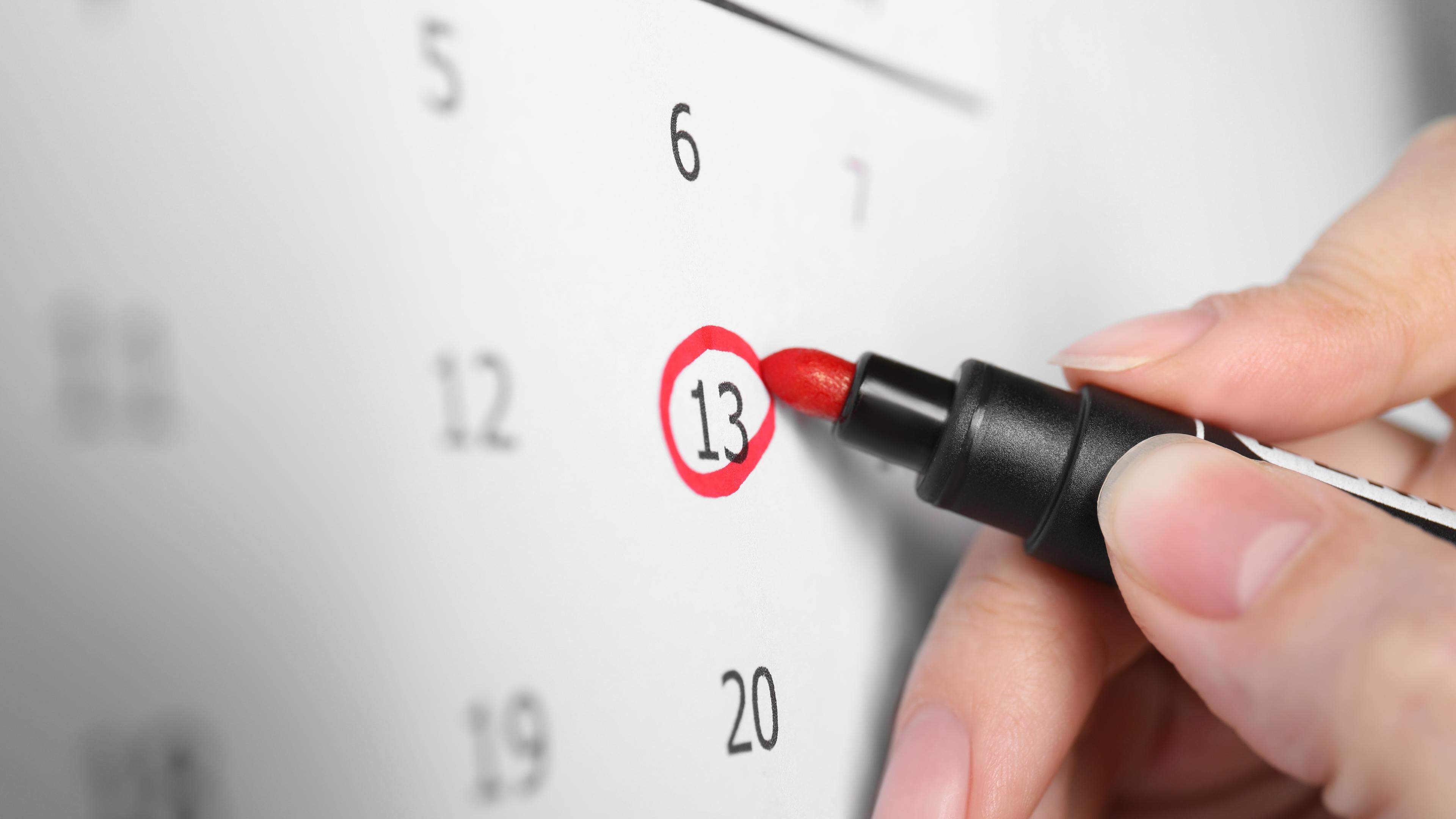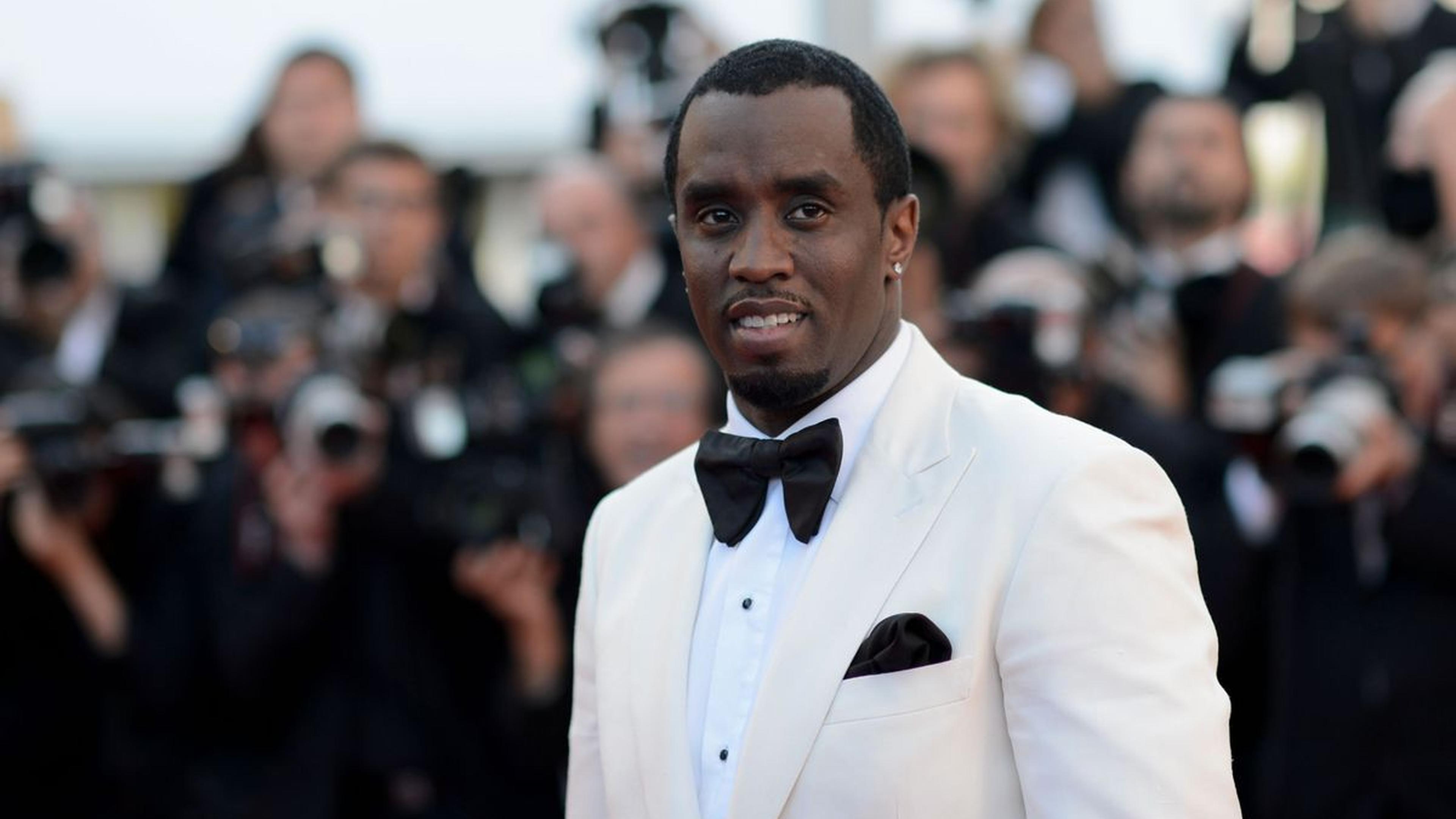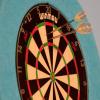How social media influence our eating behavior

« Bread is your enemy! », « Our drinking water poisoned us! », « These ten foods lead to an early death! » – Such alarming claims regularly flood the feeds of young people on Instagram and Tiktok. The message seems clear: certain foods are dangerous, but luckily the self -proclaimed expert has the perfect solution ready.
But this is exactly where the danger lurks, explains Dr. Torsten Bohn from the Luxembourg Institute of Health (Lih): « In social media, countless personal opinions that are sold under the guise of a ‘doctoral title’ are initially trustworthy. However, as consumers, we do not know whether the person actually has a doctoral title in which subject and whether they really have expertise in nutritional issues. »
False statements under the guise of a doctor
Studies are cited in some videos, but without context they can be misleading. « Nutritional science is not an exact field like mathematics, » emphasizes Dr. Bohn. « It is based on years of observations and needs extensive amounts of data to be able to make reliable statements. Adaptations to recommendations to the current level of knowledge occur. »
So it happens that some false or half -falsch statements are persistent. Here are some of them:
Eggs and cholesterol: « The claim that eggs would drive up cholesterol levels is only partially correct. Our body produces the majority of the cholesterol itself. Completely painting eggs from the menu is therefore not expedient – after all, they deliver valuable nutrients. »
The sin bread: Contrary to many social media claims, bread, especially in the whole grain variant, can be advantageous. It delivers important minerals and vitamins as well as fiber and keeps you full for longer. However, Dr. advises Bohn to moderate consumption, as many, including Luxembourg types of bread, have a rather high saline content.
Coffee as a fluid robber: This idea is also only to a limited extent. « A normal cup of coffee still has a positive net effect on the fluid balance – better than drinking nothing. » In fact, coffee consumption (up to six cups a day) can even be health -promoting thanks to its secondary plant substances.
But how can you expose such misinformation? In general, he advises to consult several sources. « You should rely on nutritional advice on institutions that are scientifically well -founded and are not too influenced by industry or other lobby groups, such as national nutritional societies, the World Health Organization (WHO) or the European Authority of Food Safety (EFSA) ». The consumer advice centers, such as in Germany, also clarify.
The dark sides of nutritional trends
Dr. Bohn observes an increasing extreme husbandry of young people on the subject of nutrition, fueled by social media trends:
On the one hand, there are phenomena such as Mukbang Challenges, in which people devour oversized portions, such as fried food, in front of the camera. « Such videos may initially appear entertaining, but I strongly advise against imitating, » warns Dr. Bohn. The health consequences can be serious: « If the food is quickly absorbed, the feeling of satiety remains. In the long term, not only obesity threatens, but also cardiovascular diseases such as an increased risk of stroke. » The tragic death of a 24-year-old Tikoker who posted such videos every day underlines this danger.
At the other end of the spectrum is « Skinnytok », where hunger glorified and exaggerated discipline is marketed as a lifestyle. Or the trend towards « Clean Eating », in which only unprocessed foods are consumed. « This convulsive fixation carries a high risk of eating disorders, » warns the LIH scientist. « At some point everything revolves around food. Especially when you start to forbid certain foods, the temptation to consume exactly this will be overwhelming. » After all, the food should also be able to prepare a certain level of joy.
So you can prevent type 2 diabetes
It depends on the overall package
The perfect nutritional form that is often propagated on social media does not exist for everyone. What works for one can be rather unsuitable for others. « Intervall fasting may be practical for an office worker who can easily do without breakfast in the morning. However, the same method could be counterproductive for a construction worker with physically exhausting work, » explains Dr. Bohn.
Rather, the overall picture is crucial: « As Paracelsus already recognized: The dose makes the poison. A diet does not automatically be ‘unhealthy’ if, for example, it occasionally contains sweets. » It is more important to have enough fiber in total
To pay attention to the form of fruit and vegetables or whole grains, reduce sweetened drinks and finished products and to eat regularly.
Fruit and vegetables are definitely part of a balanced diet. Photo: dpa
The way to a healthier food culture
The situation in Luxembourg is alarming: According to Bohn, over 60 percent of the population fight overweight or obesity. About 1.5 percent of the gross domestic product flow into the treatment of associated diseases – with increasing trend.
Instead of demonizing or prohibiting food, Torsten Bohn advocates prevention: « We have to start early and not only when there are already health problems. » This starts in the school canteen and continues in the workplace – for example with fruit conversions instead of just snacking machines or the furnishing of standing tables.
Last but not least, it is important to revive a real food culture that has become increasingly lost in recent years. « People often no longer take the time to eat and unconsciously consume their meals in front of their cell phones or computers. » Essen should take place again on a social framework. So: It is best to block the schedule again in the schedule.







